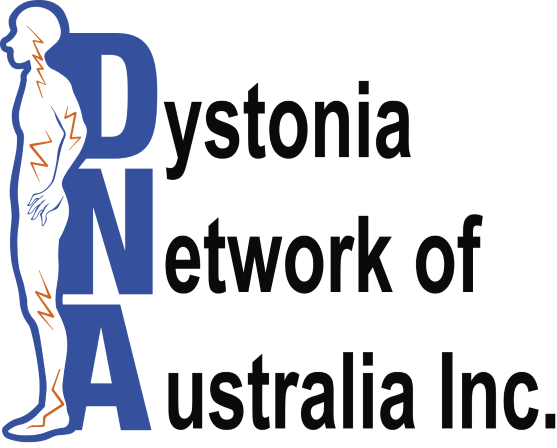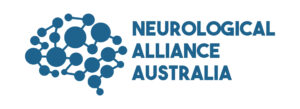2023 – 6th Samuel Belzberg International Dystonia Symposium
Read the summary of the Samuel Belzberg 6th International Dystonia Symposium which was held in Dublin, Ireland in June 2023. The symposium was jointly organised by the Dystonia Medical Research Foundation and Dystonia Europe. There were many expert presenters from all over the world and topics ranged from research news and highlights, overviews of different causes and facets of dystonia and trends in therapeutic options. Read the summary here.
2023 – Funding for Western Australian research into molecular causes and effects of Dystonia
It is exciting to hear of a new Australian research project into dystonia. Western Australian neurologist Dr Wayne Yau has been awarded funding for a collaborative research project into the molecular causes and effects of Dystonia. The research aims to find missing pieces of the genetic puzzle. Read the announcement of this research here.
Patientworthy
This is a useful health website that publishes short articles, stories and information about rare health conditions. There are many articles and stories about dystonia. Read them on the Patientworthy website here.
2023 – Would you like to know more about sensory tricks in dystonia?
In this 2023 newsletter from the Dystonia Medical Research Foundation, alleviating manoeuvers, or sensory tricks, in cervical dystonia are discussed together with some images of types of various sensory tricks. Find out more in the DMRF newsletter, Dystonia Dialogue, here.
2023 – Model Systems for understanding dystonia pathogenosis
This interview was conducted by the International Parkinson and Movement Disorder Society. Professors Pisani, Sharma and Jinnah of the Society discuss the current understanding of the pathophysiology of dystonia. The discussion is quite scientific and technical in parts but interesting nonetheless. You can read it on the International Parkinson and Movement Disorder Society website here.
2022 – Artificial Intelligence tool predicts which patients with dystonia respond to Botox treatment with 96 percent accuracy
Read a summary of this study which used MRIs to automatically identify which patients would respond to botulinum toxin treatment in Science Daily.
2022 – New Botulinum Toxin A Formulation Lengthens Effect Time in Cervical Dystonia
Read about this research in the United States into a longer lasting formula of botulinum toxin A for cervical dystonia which lasts from five to six months in Neurology Today.
2022 – Using laser based diamonds to detect early brain changes
Whilst not specifically about dystonia, this article describes a breakthrough in using diamonds in mapping the brain to detect early changes. Some of the researchers involved are Australian. Read more on the Interesting Engineering website here.
2022 – Wireless neuro-stimulator to revolutionise patient care
Researchers at the University of Queensland conducted a trial of remote care of people with brain stimulation devices. The trial involved adjusting stimulators remotely, alleviating the need for patients to have to attend appointments in person. It is hoped this technology may extend in the future to people with neurological disorders, including dystonia, who have brain stimulators. Read the University of Queensland press release here.
2021 – Drug repurposing approaches reveal HIV drug holds promise for DYT1 dystonia
Research conducted in the United States has shown that a HIV drug may be useful in correcting the results of a genetic mistake that causes the inherited DYT1 dystonia. Read about it on the National Center for Advancing Translational Sciences (US) website here.
2021 – New Dystonia Drug Candidates Discovered
Read this interesting article published by the Dystonia Medical Research Foundation (United States) on potential new drug treatments for dystonia on the DMRF website here.
2021 – Dystonia Coalition
The Dystonia Coalition is a collaboration of medical researchers and patient advocacy groups from all over the world including Australia, that is working to advance the pace of research into dystonia to find better treatments. An interesting summary of the Dystonia Coalition and their work on dystonia can be found here.
2019 – Non Invasive Treatment for Tremor
St Vincent’s Public and Private Hospitals in Sydney are set to become the first facility in the southern hemisphere with the capability to provide a non-invasive brain treatment, MRI guided focussed ultrasound, for patients with tremor. To watch a report by 9News about the first patient to undergo the procedure please click here. To read more about the treatment in the St Vincent’s Clinic newsletter please click here.
Page updated 19 June 2024




